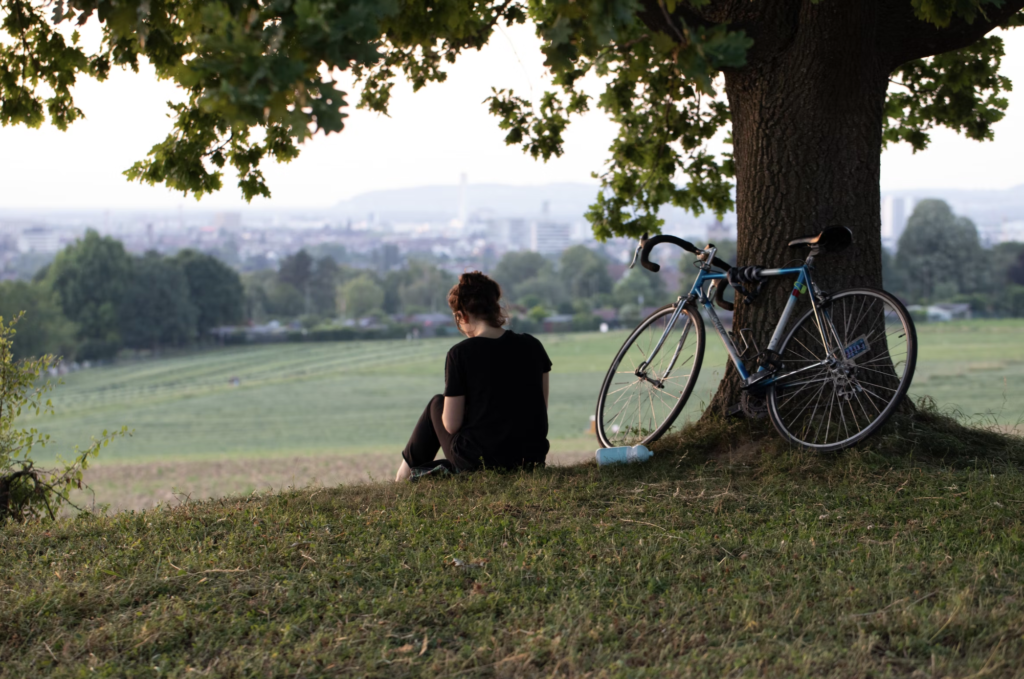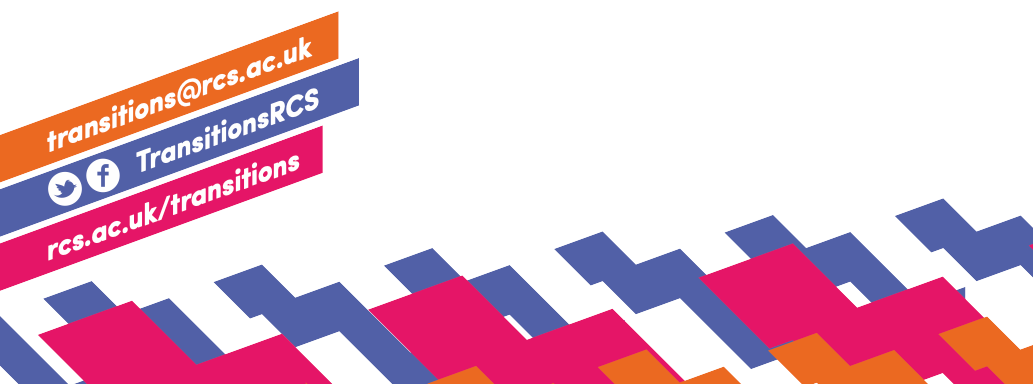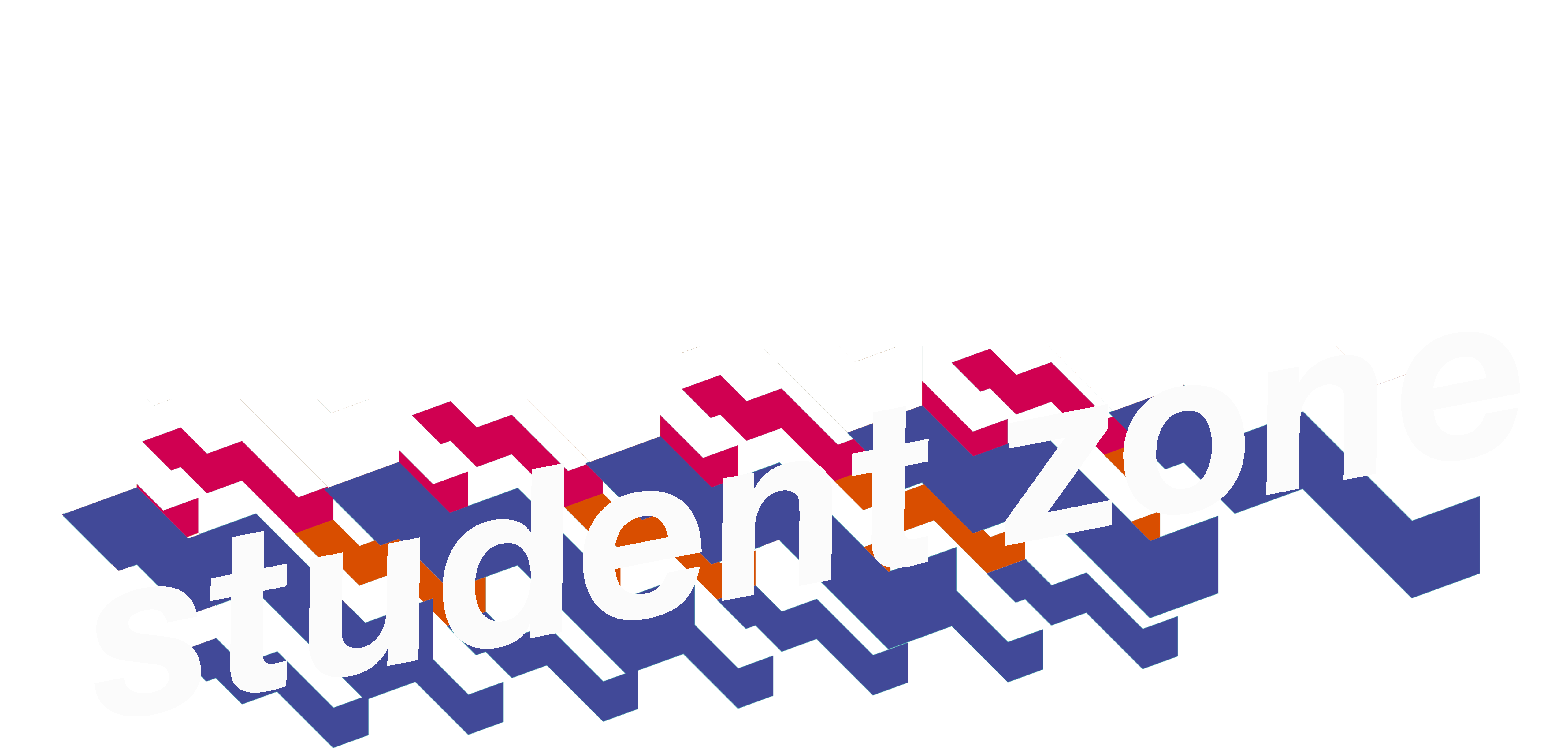
Studying at Conservatoire level is an intensive experience which leaves little free time, especially if you are also juggling a part-time job. However, working at this pace means it’s more important than ever to make sure you factor in downtime to rest, recharge and connect with others.
Taking breaks or a day off can feel difficult when you have a large workload to deal with but having downtime will ultimately help keep you physically and mentally well, improve your productivity and help you build social networks.
1. Get enough sleep
Developing good sleeping habits can help fight off many physical and mental health issues as well as helping you have enough energy for your busy days. The NHS Better Health website has advice for people struggling with sleep and some suggestions for developing healthy habits.
2. Find exercise that works for you
It’s a well-known fact that getting regular exercise is important for keeping your mind and body healthy as well as helping to prevent a variety of health issues. It’s a great way to unwind, destress and will help with concentration, energy and sleep. The NHS Benefits of Exercise webpage gives guidance on how much exercise adults need. Fitting it into your busy life and keeping motivated may be tricky so find something that you enjoy, or team up with friends to make it social too!
3. Make time to relax
When your brain is busy juggling lots of new information it’s important to make time to relax and slow down. Feeling calm and centred can help your concentration, your focus and lead to a better night’s sleep. Yoga, meditation or just going for a walk outside can all help you switch off and let your brain recharge. Mind.org talks about the benefits of relaxation for improving mental health and describes some exercises you can try. NHS Inform also provides practical ideas for relaxing activities and you can find lots of videos on youtube that will guide you through mindfulness, meditation, and relaxation techniques.
4. Eat well
The British Nutrition Foundation explains more about the different food groups and how to balance what you are eating, without spending a fortune! Lots of food websites such as BBC Goodfood also have easy, healthy and inexpensive recipe ideas which you can try out.
Making meal plans, preparing food in advance and doing a weekly food shop can help ensure you get the food goodies you need to keep you well-fed and healthy. Save the Student has sample meal plans to help get you on your way.
5. Be aware of your mental health
Mental health is as important as your physical health. RCS can provide guidance and support so never hesitate to reach out to members of staff or the SU if you are struggling. There is lots of information online about how to protect your mental health including Student Space, Mind and the Mental Health Foundation Scotland. Fair Access also have a section dedicated to mental health on the Learning Zone.
Remember that the RCS Counselling team is available online or in person to support you – if you would like to have a chat about how counselling works or the different types of counselling available contact the RCS Counsellors on: counselling@rcs.ac.uk
6. Make time to socialise
During your time at RCS you will have lots of opportunities to meet new people and develop your social networks. Finding time to socialise and let your hair down is really important for a number of reasons. It helps you bond with classmates and make friendships that support you through good and bad times. It broadens your networks and helps you meet fellow artists that you may want to collaborate with. Feeling connected to other people benefits your well-being and ability to cope with challenges you may face. You will get to know people on your course very well throughout your degree, but it can be beneficial to make friends on other programmes too.



